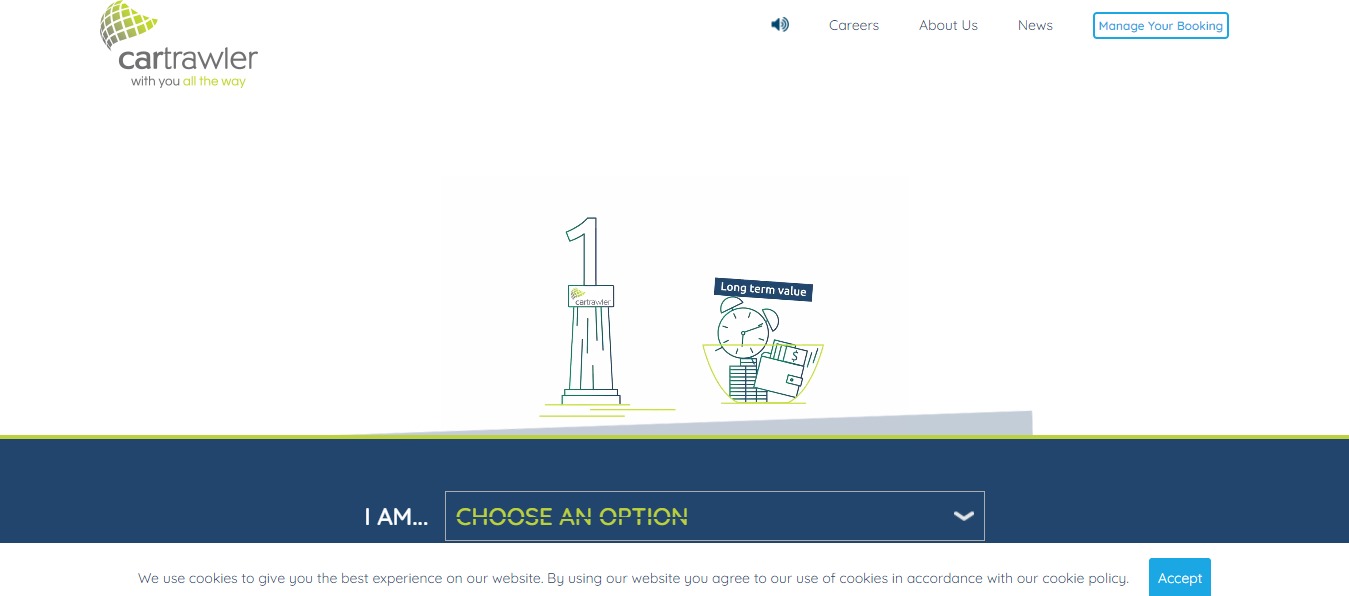

Taking their cue from the slow, elastic beats that dominated Massive Attack's Blue Lines and adding elements of cool jazz, acid house, and soundtrack music, Portishead created an atmospheric, alluringly dark sound. Portishead may not have invented trip-hop, but they were among the first to popularize it, particularly in America. The crowd-pleasing hit “Sour Times” gets completely reworked to sound like a hip and haunted dance floor dirge. Fans of David Axelrod’s soundtrack scores will delight in the cinematic sounding version of “All Mine.” With the 35-piece ensemble at its disposal, Portishead turns the tune into something that sounds like it could have been penned and arranged for an artful spy film of the early ‘60s. “Cowboys” follows menacingly with distorted turntable scratching against a fleet of cellos and deep droning horns that adds a vast chasm of dimension under Gibbons’ troubled siren singing. “Humming” from the band’s 1997 self titled sophomore album sets a dark and beautiful tone with an eerie Theremin floating over the orchestra’s noir-tinged arrangements before Beth Gibbons elegantly inflects her ghostly and gossamer vocals over a scratchy trip-hop drum beat. No pirated live recording could possibly compare. Portishead beats bootleggers at their own game by recording and releasing a special one-off concert at New York City’s Roseland Ballroom, replete with live arrangements by the New York Philharmonic Orchestra.



 0 kommentar(er)
0 kommentar(er)
